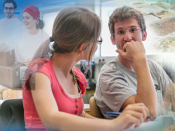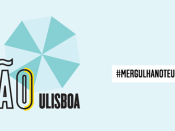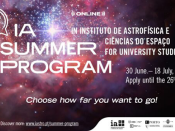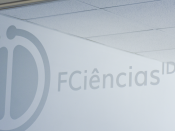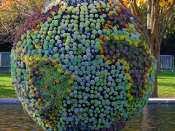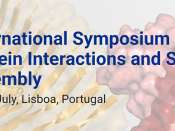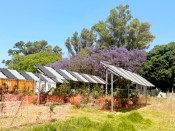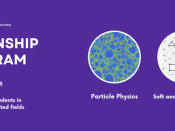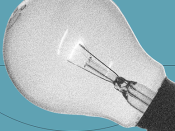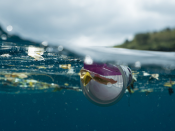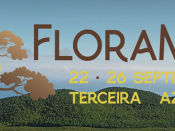Por João Pedro dos Santos (Universidade de Paris-Sorbonne e Universidade de Montpellier).
Differential Galois theory has the objective to study linear ODEs with the help of algebraic groups. Roughly and explicitly, to a matrix $A\in \mathrm{Mat}_n( \mathbf C(x) )$ and a differential system $y'=Ay$, we associate a subgroup of ${\rm GL_n}(\mathbf C)$, the differential Galois group, whose function is to measure the complexity of the solutions. There are three paths to this theory: Picard-Vessiot extensions (similar to standard Galois theory), monodromy representations (analytic approach) and Tannakian categories (the categorical way).
If instead of working with complex coefficients we deal with a discrete valuation ring $R$, the construction of the differential Galois groups are less obvious and the theory of groups gives place to that of group schemes. This puts forward the Tannakian approach and relevant concepts from algebraic geometry. In this talk, I shall explain how to associate to these differential equations certain flat $R$-group schemes, what properties these may have and, most importantly, how to compute them with the monodromy. In doing so, I shall explain our method to establish a certain "Deligne-Riemann-Hilbert" theorem with "parameters" (this is in connection to recent work of Fiorot-Monteiro-Sabbah), which is a way of finding extensions of differential equations having mild singularities. I shall emphasise the case of formal differential equations for the sake of clarity.
(The talk is a horizontal report on several works done in collaboration with P. H. Hai and his students N. D. Duong and P. T. Tam over the past years.)
Transmissão em direto via Zoom (Meeting ID: 799 297 2871).



